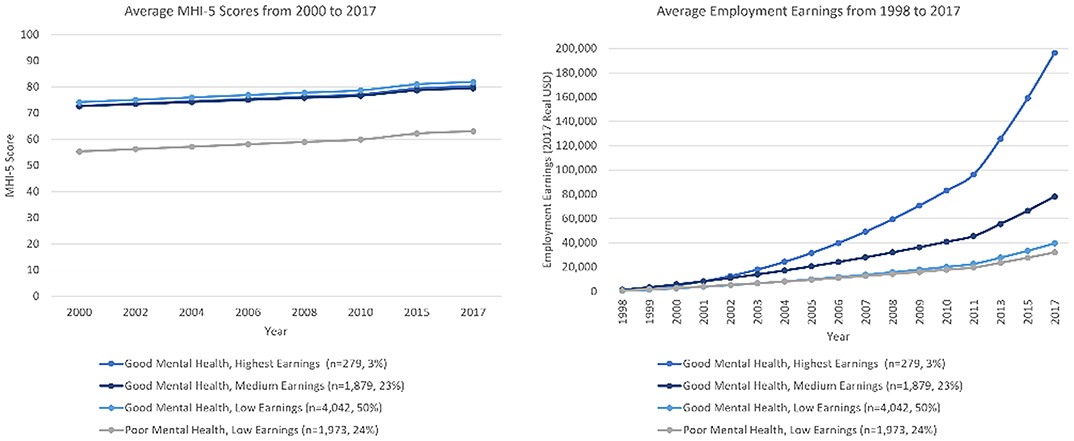During the last 15 years mental unhealth has steadily increased in Sweden.The largest increase has occurred among young women aged 16 – 34 years. The principal aim with the study was to describe the self-estimated mental health of primary health care in patients aged 22 – 33 years in the county of Östergötland in 2006. More specifically, the aim also was the patients´ opinion about the treatment and the patients who was included consulted a primary health care centre 2002, with one of the following diagnoses: Depression, Anxiety, Stress or Crisis Reaction according to International Classification of Diseases and Related Health Problems (ICD-10).
The questionnaire was answered by 224 persons, 173 females and 51 males.The results showed that young women aged 22-27 years more often than others reported a poor common health, sleep disturbances, stress, a poor mental health (MHI-5) and more symptoms of depression and anxiety (HADS). A large number of those previously having consulted primary care for mental unhealth had recurrent ailments and again considered themselves to be in need for care. The results also suggest that patients with mental unhealth experinces shortcomings in respect of follow-up of treatment and in the way they were met. The patients also wanted more conversational therapy.
Self-rating scales may be a useful tool in identifying and diagnosing mental unhealth and lead to a better care of patients because they can be used both to assess and evaluate mental health..


